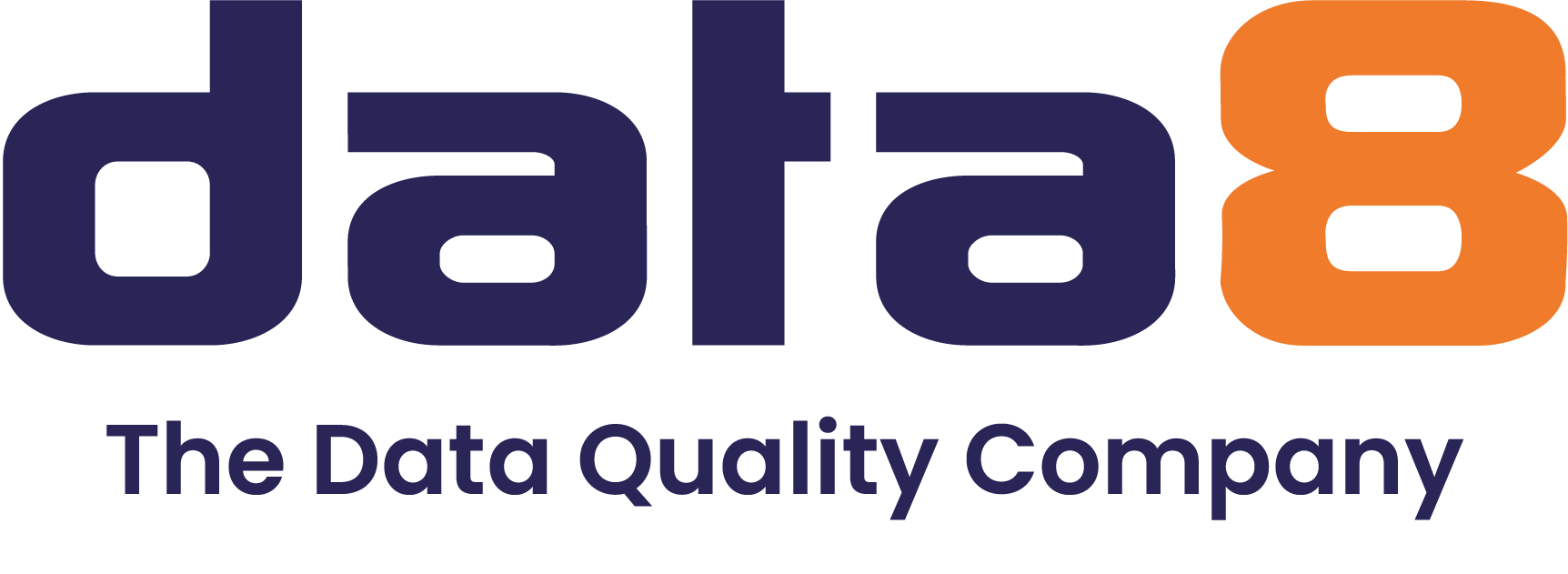Home » Data Sources » Gone Away Suppression File (GAS)
Goneaway Suppression File (GAS)
GAS Data Cleansing File is a comprehensive tool designed to help companies keep their contact information accurate and up to date by identifying and suppressing records of individuals who have moved. As of April 2025, the file contains data on over 2.8 million individuals. By utilising this file companies can ensure they have accurate information for their contacts which in turn can enhance the effectiveness of their communications.
While not legally mandatory, using the GAS file is considered best practice within the industry as this database provides valuable insights for any company aiming to maintain accurate and up-to-date contact information for their customers, which can enhance the effectiveness of their communication and reduce costs association with contacting outdated or incorrect addresses.
Introduction
What it is:
The GAS file is a data suppression file that enables a company to identify and flag records of individuals who have moved away from their previous addresses. This service helps companies to ensure that their contact lists are up to date by removing or updating records of individuals who are no longer reachable at their former addresses.
The specific data available within the GAS file typically includes:
Full Name: The name of the individual who has moved away.
Previous Address: The last known address of the individual before they moved.
Move Date: The date when the move occurred.
This information helps businesses update their records, ensuring they do not send communications to outdated addresses, which can improve data accuracy and operational efficiency.
Legal Compliance
Relevant Regulations:
GAS ensures companies comply with regulations such as the General Data Protection Regulation (GDPR) and the Data Protection Act 2018. Under the General Data Protection Regulation (GDPR), it is important for businesses to ensure that the data they hold for their customers is accurate and relevant.
Compliance Benefits:
By utilising the GAS file, companies can avoid potential fines and legal issues associated to holding outdated or inaccurate data, while respecting consumer privacy preferences and enhancing their brand reputation by maintaining up to date and accurate contact information.
Benefits for Businesses
Operational Benefits:
The GAS file improves data accuracy by identifying and suppressing records of individuals who have moved, minimising the chances of undelivered mail and other communication issues.
Reputational Benefits:
Maintaining accurate contact lists ensures that communications are directed to the correct recipients at the correct address, preserving a company’s professional image and customer relationships.
Financial Benefits:
By removing the costs associated with returned mail and improving the effectiveness of marketing and communication campaigns, companies can achieve a higher ROI and reduce operational costs.
Data Collection
Sources of Information:
The GAS file is maintained and supplied by Sagacity (formerly known as the REaD Group) and is collected from multiple reputable sources, including credit reference agencies, utility companies, and other reputable change-of-address services.
Data Accuracy and Updates:
The GAS data is updated regularly, typically weekly, to ensure that the information supplied is as up to date as possible and to minimise the risk of using outdated and incorrect contact details. Regular updates ensures that contact lists are current and reliable
Application and Usage
Use Cases:
Businesses use the GAS file to cleanse and update their contact lists, so they have the most current addresses for their customers. This is vital for direct mail marketing, customer service, and other communication campaigns.
Implementation:
Companies can integrate the GAS data into their CRM systems or use it as part of their data cleansing services to routinely check and update their contact lists. This helps maintain the quality and effectiveness of business communications.
